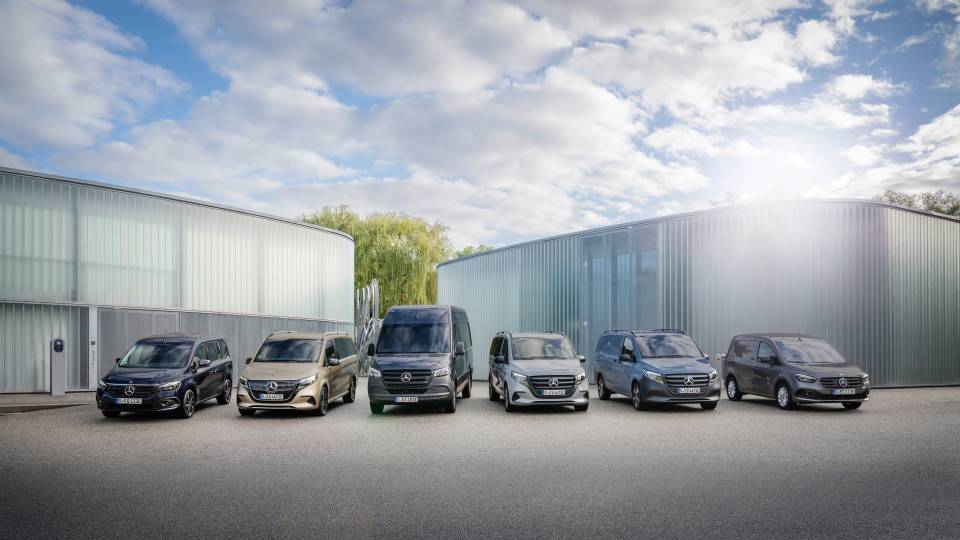Mercedes-Benz and Luminar just announced the extension of their partnership for the 2024 season of Formula One. The new collaboration between the two companies was recently displayed on the automotive technology company’s booth at the 2024 Las Vegas Consumer Electronics Show (CES).

According to Mercedes, the beneficiary of the renewed partnership is the Mercedes-AMG GT Black Series Safety Car of the FIA. Starting this year, the auto’s roof will be equipped with Luminar’s Light and Detection Ranging (LiDAR) tech to allow a more precise 3D mapping of its vicinity using lasers.
The system also utilizes Luminar’s artificial intelligence (AI) software to augment the detection of moving and still obstacles at high speeds under different driving conditions. The combination of these will help enhance the driver’s reaction time as it can sense debris up to 250 meters and larger objects up to 500 meters within its path.
The new technology is currently under review by the FIA and Formula 1. However, seeing no issues with the merging of the tech with the GT Black Series Safety Car, Mercedes F1 and Luminar is optimistic about what it could bring to the table.
“The partnership with our Formula 1 team is a natural extension of Mercedes-Benz’s existing partnership with Luminar to help realize our vision for accident-free driving in Mercedes production cars,” said Mercedes-Benz Chief Technology Officer and Mercedes-AMG Petronas Non-Executive Chairman Markus Schäfer.
It was followed by Luminar CEO Austin Russell stating, “Luminar’s technology has always been about pushing the limits of performance while improving automotive safety – and with F1, Mercedes-AMG is taking it to the extreme on a world stage of automotive enthusiasts.”
“Our collaboration will utilize the initial development work between Luminar and Mercedes-Benz as a bedrock, and I am excited to see how we can build on that,” added Mercedes F1 Team Principal Toto Wolff. “Luminar’s culture of innovation and entrepreneurship also fits incredibly well with our own ethos and values so this is a natural collaboration.”
